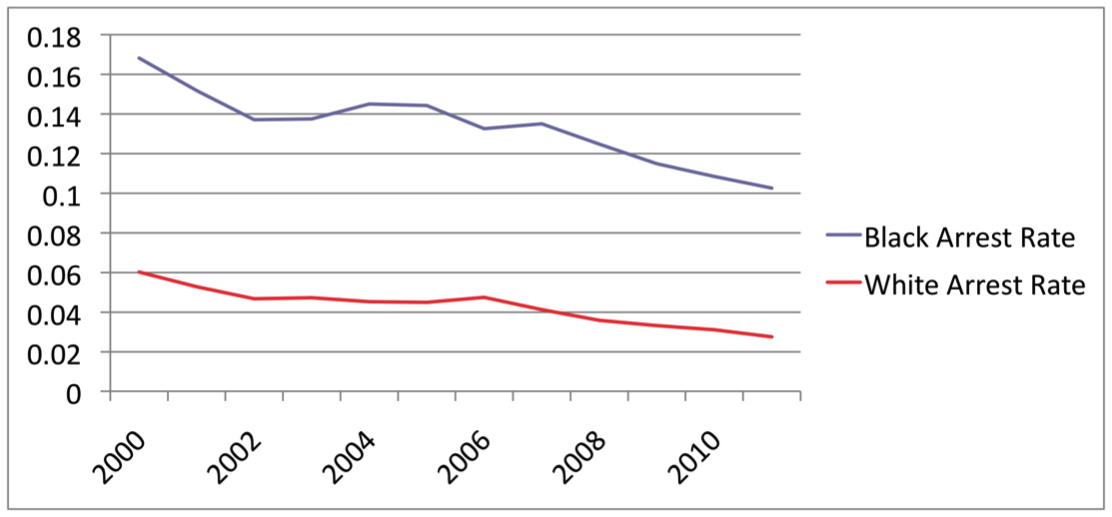Manipulation by the Media: Lessons to be Learned from Zimmerman v. NBC
 Now more than ever, journalism appears to be no longer about reporting facts or the search for truth, but instead about manipulating facts to maximize ratings. A case in point is the complaint George Zimmerman filed last December against NBC. The complaint alleges NBC’s use of edited 911 audio, as part of its coverage of Trayvon Martin’s death, was defamatory and an intentional infliction of emotional distress.
Now more than ever, journalism appears to be no longer about reporting facts or the search for truth, but instead about manipulating facts to maximize ratings. A case in point is the complaint George Zimmerman filed last December against NBC. The complaint alleges NBC’s use of edited 911 audio, as part of its coverage of Trayvon Martin’s death, was defamatory and an intentional infliction of emotional distress.
The transcript of the 911 call, released by the City of Sanford, begins as follows:
Dispatcher: Sanford Police Department. . . .
Zimmerman: Hey we’ve had some break-ins in my neighborhood, and there’s a real suspicious guy, uh, [near] Retreat View Circle, um, the best address I can give you is 111 Retreat View Circle. This guy looks like he’s up to no good, or he’s on drugs or something. It’s raining and he’s just walking around, looking about.
Dispatcher: OK, and this guy is he white, black, or Hispanic?
Zimmerman: He looks black.
Dispatcher: Did you see what he was wearing?
Zimmerman: Yeah. A dark hoodie, like a grey hoodie, and either jeans or sweatpants and white tennis shoes. He’s [unintelligible], he was just staring . . .
Dispatcher: OK, he’s just walking around the area . . .
Zimmerman: . . . looking at all the houses.
Dispatcher: OK . . .
Zimmerman: Now he’s just staring at me.
Dispatcher: OK – you said it’s 1111 Retreat View? Or 111?
Zimmerman: That’s the clubhouse . . .
Dispatcher: That’s the clubhouse, do you know what the – he’s near the clubhouse right now?
Zimmerman: Yeah, now he’s coming towards me.
Dispatcher: OK.
Zimmerman: He’s got his hand in his waistband. And he’s a black male.
Zimmerman’s complaint alleges “NBC saw the death of Trayvon Martin not as a tragedy but as an opportunity to increase ratings, and so set about to create the myth that George Zimmerman was a racist and predatory villain,” reported a “reprehensible series of imaginary and exaggerated racist claims,” and created a “false and defamatory misimpression using the oldest form of yellow journalism: manipulating Zimmerman’s own words, splicing together disparate parts of the [911] recording to create the illusion of statements that Zimmerman never actually made.”

